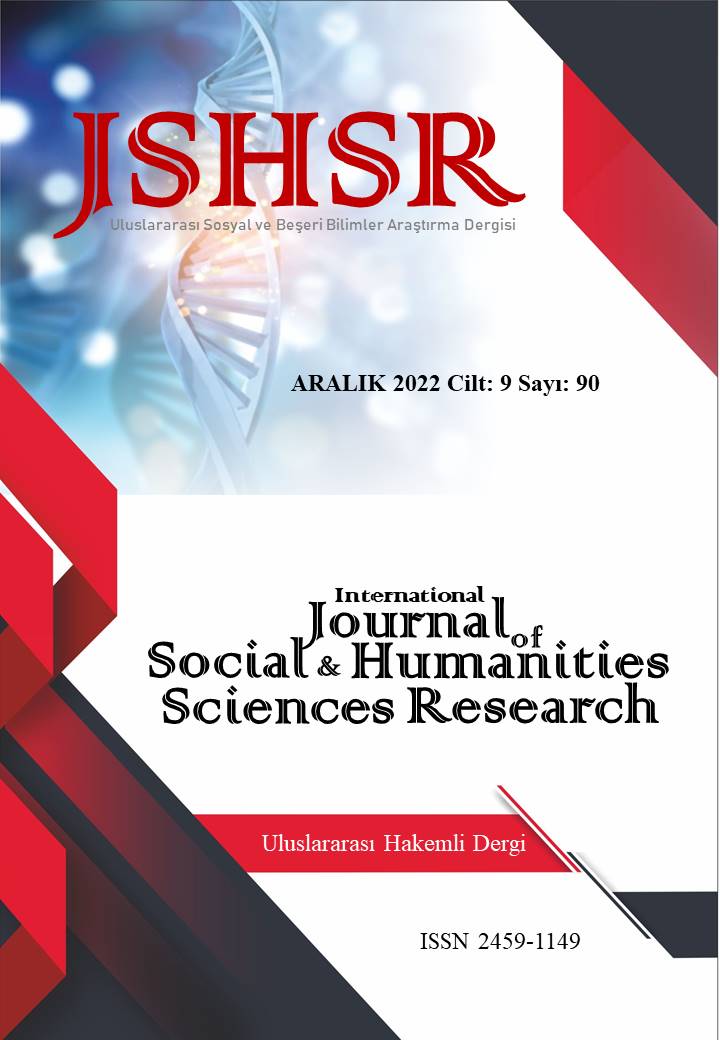INVESTIGATION OF CLASSROOM TEACHERS’ EDUCATION BELIEFS AND COMMITMENT TO THE CURRICULUM
DOI:
https://doi.org/10.26450/jshsr.3385Keywords:
Classroom teachers, education belief, commitment to the curriculumAbstract
The general purpose of this research is to examine the teachers' educational beliefs and their commitment to the curriculum in terms of various variables and to determine the relationship between them. A correlational survey model was used in the research. The population of the research consists of classroom teachers working in Gaziantep city center in 2019-2020. The sample of the research includes 300 classroom teachers selected from this population via convenience sampling method. In the research, Education Beliefs Scale and Commitment Scale to the Curriculum were used as data collection tools. According to the results, it is determined that the most adopted education belief by the teachers is progressiveness; teachers generally have a commitment to the curriculum; male teachers adopt the essentialism and prennialism education beliefs more than the female teachers; commitment to the curriculum is not affected by the gender variable. It is found that variables such as grade level, seniority, grade level taught, and frequency of investigating the curriculum are not effective on the teachers' beliefs and commitment to curriculum, and there is a high level of relationship between their education beliefs such as progressivism, existentialism, prennialism and their commitment to the curriculum.
Downloads
Published
How to Cite
Issue
Section
License
Copyright (c) 2022 INTERNATIONAL JOURNAL OF SOCIAL HUMANITIES SCIENCES RESEARCH

This work is licensed under a Creative Commons Attribution 4.0 International License.


